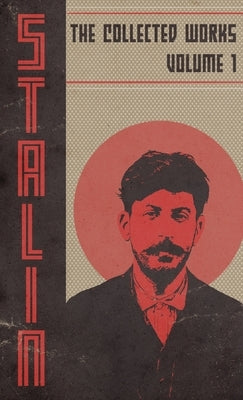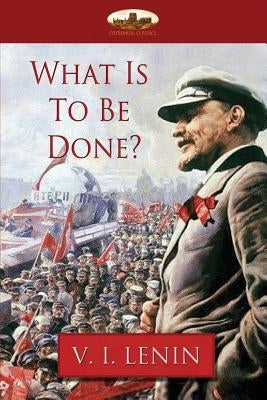Black AF History: The Un-Whitewashed Story of America
$23.99
$32.50
Is the Red Flag Flying?
$23.99
$25.99
Mein Kampf - The 1939 Illustrated Edition
$36.99
$39.99
Collected Works of Josef Stalin: Volume 1
$20.99
$22.00
Notes on Resistance
$13.99
$18.95
What Is To Be Done?
$8.99
$9.60
Anarcho-Syndicalism: Theory and Practice
$9.99
$12.95
Trailblazer: Perseverance in Life and Politics
$23.99
$32.99
Misbehaving at the Crossroads: Essays & Writings
$21.99
$30.00
Cyber Citizens: Saving Democracy with Digital Literacy
$20.99
$28.95
The Pocket Pride
$7.99
$9.95
Diversity of Aesthetics
$14.99
$20.00
What Is the Welfare State For?
$9.99
$13.50
The Virtue of Nationalism
$14.99
$19.99
The Price Is Wrong: Why Capitalism Won't Save the Planet
$14.99
$19.95
The Squad: Aoc and the Hope of a Political Revolution
$20.99
$28.99
Post-Scarcity Anarchism
$13.99
$18.95





















































